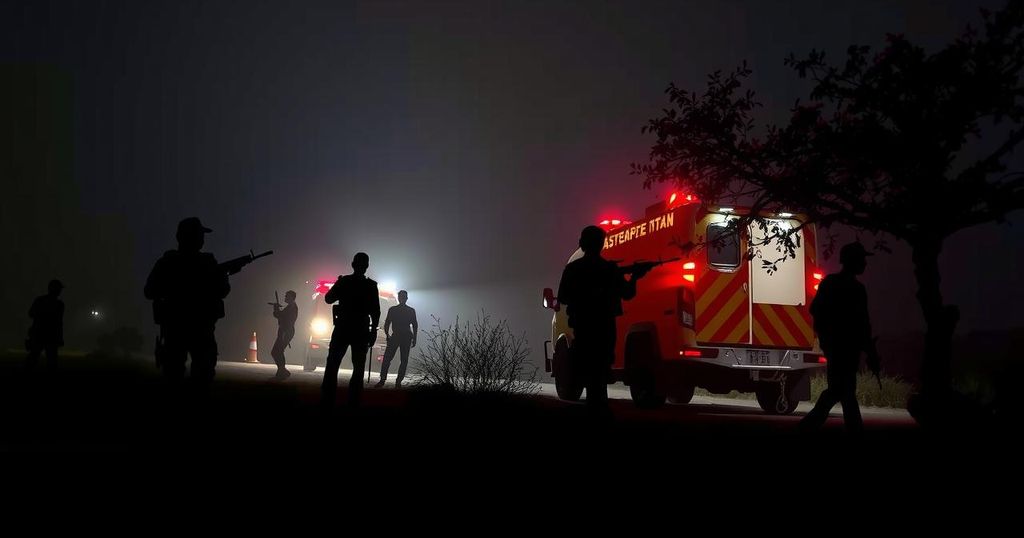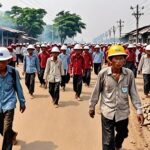Global Developments: Security Challenges, Diplomatic Efforts, and Humanitarian Response
Recent developments in global affairs have drawn significant attention, highlighting a series of distressing events and noteworthy diplomatic efforts. In Eastern Pakistan, a reported ambush led to the tragic loss of 11 police officers, underscoring the continuing security challenges facing the region. Concurrently, a military strike in Ukraine’s Kharkiv region resulted in one fatality and eight injuries, reflecting the ongoing strife in the area as conflict persists.
In the realm of international diplomacy, Indian Defence Minister Rajnath Singh has commenced an official visit to Washington, D.C., from August 23 to August 26. The visit aims to strengthen the India-U.S. Comprehensive Global Strategic Partnership. As part of this mission, the Minister is scheduled to engage in critical bilateral discussions with U.S. Secretary of Defence Lloyd Austin, signaling continued cooperation between the two nations in addressing mutual interests in defense and security affairs.
Additionally, the Indian Air Force has successfully evacuated two critically ill patients from Leh, demonstrating its commitment to humanitarian efforts in challenging conditions. Meanwhile, Indian politician Rahul Gandhi expressed his support for the statehood of Jammu and Kashmir, emphasizing a respect for local culture and governance distinct from external influences. He articulated concerns regarding the centralized control of the Bharatiya Janata Party (BJP) and highlighted the desire for regional autonomy and representation.
Furthermore, the head of the International Atomic Energy Agency (IAEA), Rafael Grossi, has scheduled a visit to Russia’s Kursk nuclear power plant next week. This visit comes in the wake of Ukraine’s recent military actions in the area, pointing to the international community’s continued scrutiny of nuclear safety amid ongoing geopolitical tensions.
As these events unfold, they contribute to a complex global narrative shaped by local tragedies, diplomatic engagements, humanitarian efforts, and international oversight.








Post Comment